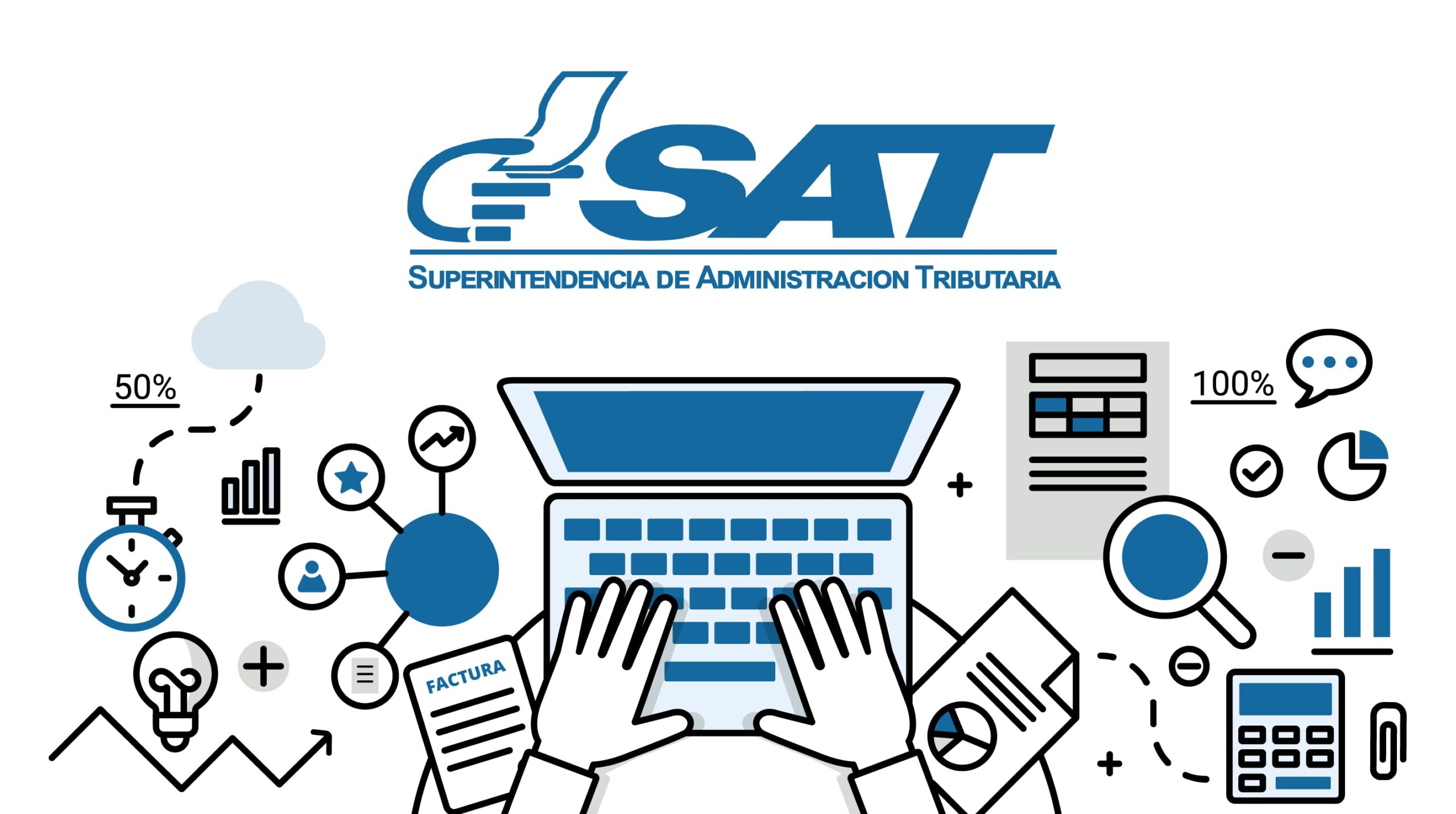Estimated time reading: 3 minutes
History of the SAT in Guatemala
From the ancient Mayans through the colonial era and up to the present day, people have been obligated to pay taxes to the state or their governing leaders.
Currently, the entity responsible for collecting taxes in Guatemala is the Superintendency of Tax Administration (SAT).
What is the SAT?
In 1997, the Ministry of Public Finance initiated actions to strengthen the country's tax system, including the creation of the SAT (Tax Administration Service). The SAT is an autonomous, functional, technical, and administrative entity established by the Congress of the Republic on February 21, 1998. The purpose of creating this entity is to modernize tax administration and the public sector through proper tax collection.
The General Directorate of Finance
Prior to the creation of the SAT, there were several precedents of a tax collection agency. The first of these was the General Directorate of Finance, which later became known as the Ministry of Finance and Public Credit. On October 7, 1825, the first of these institutions was established, which functioned as a dependency of the War Office and Treasury.
Later, in 1971, the name was changed to the Ministry of Public Finance, and the General Directorate of Internal Revenue was established as the entity responsible for tax collection. This latter entity was created pursuant to Decree 106-71 of the Congress of the Republic of Guatemala.
General Directorate of Customs
Another agency responsible for tax collection was the General Directorate of Customs, an entity established under the Customs Code in 1935. As its name suggests, its function was the regulation and administration of the country's customs, which entailed the collection of taxes from foreign trade. Since its creation, the SAT has fully and absolutely assumed responsibility for all tax collection, including customs taxes.
How did the SAT project begin?
The project to create and operate the SAT began in September 1997 with the integration of a team responsible for its administration. The overall objective of the project was to create, design, and, above all, operate an autonomous and decentralized, modern, efficient, and effective institution that would be responsible for tax and customs administration. It would be capable of increasing tax revenues in a sustained, honest, and transparent manner. The creation of the SAT was approved by the Congress of the Republic, pursuant to Decree Number 1-98, which entered into force on February 21, 1998.
